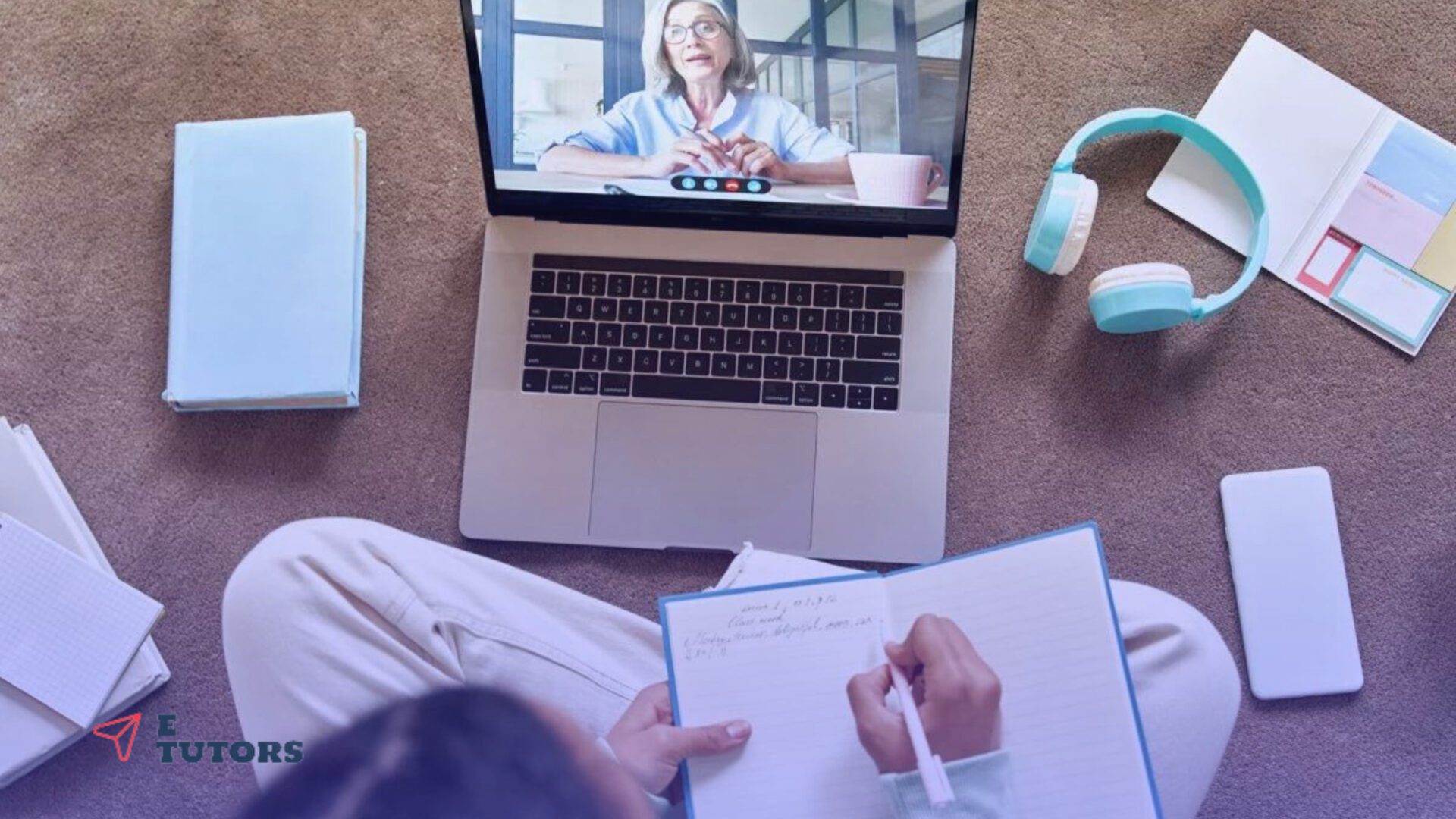Online group projects have become a common component and a popular collaborative learning method in today’s education and professional development landscape. These virtual spaces connect individuals from different backgrounds and locations to work together toward a common academic or professional goal. While online group projects offer many benefits, they also come with challenges.
By analyzing the pros and cons of online education, we can gain valuable insights into the difficulties of online group work, which can help foster teamwork, enhance digital communication skills, and prepare individuals for the demands of the modern interconnected world. Despite its many benefits, however, the group has lost its appeal among students. Many students prefer working alone to working in groups. They believe that working in groups is unnecessary since they can complete a project independently. However, group work has both advantages and disadvantages.
Advantages of Online Group Projects
Collaborations
Collaboration is the heart of group work. Collaborating on online group projects is an effective way for students to develop their collaborative skills, foster idea sharing, and work towards achieving a shared objective.
This interactive learning approach enhances their educational experience and equips them with the necessary skills and expertise to excel in collaborative work environments in their future careers. Additionally, group work teaches students to be flexible in adapting to their peers’ schedules and working styles.
New perspective
Two heads are better than one is a good saying. For example, researchers found that when students can work together on a problem-solving job, they are more likely to try different ways to solve it. Also, both good and bad comments can help them learn faster. Students also learn more when discussing and questioning each other’s ideas and reasoning. This helps them see things from different perspectives and develop new ways to complete a job.
Communication skills
Effective communication skills are crucial for success in any career field. Online group projects allow students to develop these skills, including active listening, giving and receiving feedback, and expressing ideas clearly. Through online collaboration, students can learn how to work together effectively.
Group work expands learning
Online Group work enhances student problem-solving skills and promotes effective learning. Research suggests that group discussions improve learning and memory retention. This is because it allows students to comprehend knowledge and put it into practice. You can think of it as chatting with your friends; in a relaxed environment, you will be more attentive to what they say and remember it better.

In addition to that, group work simplifies the learning process as students can divide the coursework and allocate different topics to each other. This way, one member can become an expert on a specific subject and share their knowledge with their peers, reducing the burden of studying everything alone.
Teamwork skills
Collaboration and teamwork play a crucial role in academic life. They enable students to take on complex tasks that they may not have been able to handle independently, thus enhancing their individual and collective learning. This is because working with others exposes students to different perspectives, diverse thinking styles, and constructive disagreements.
Online Group work helps students improve their communication and collaboration skills and their ability to brainstorm and generate ideas. This approach facilitates a more comprehensive learning experience and boosts group productivity.
Time Management
Participating in online group projects is an excellent way for students to enhance their time management skills. As they work with others, they learn how to balance their schedules with the group’s demands, an essential skill for success in academic and professional settings.
Collaborating with peers also allows students to develop effective communication skills, as they must work together to set deadlines and achieve common goals. Ultimately, it helps students become more efficient and effective team players, which is a valuable asset in any field.
Encouragement of Critical Thinking
Collaborative problem-solving is a powerful tool that enables students to work together and encourages them to think critically and creatively. By engaging in collaborative problem-solving, students can delve deeper into the subject matter, exploring various perspectives, questioning assumptions, and brainstorming innovative ideas.
This process develops their understanding of the subject matter and helps them develop valuable skills such as communication, leadership, and teamwork. Collaborative problem-solving is an effective way to foster a more dynamic and engaging learning environment that promotes student success.
Online Master’s Programs
Online master’s programs have gained immense popularity due to their flexibility and accessibility, which allow students to balance their studies with work and personal responsibilities, making it easier to pursue higher education. Furthermore, online programs provide a wider range of options, allowing students to choose from various programs and institutions that may not be available in their local area.
Regarding online master’s programs in administration, the advantages and disadvantages remain largely the same. The flexibility and accessibility of online programs can be a significant advantage in this field, as many students in administration are already working full-time and may not be able to attend traditional in-person classes.
Online Group Projects: Common Issues and Limitations
Collaborative work has its drawbacks that can negatively impact productivity and the attainment of goals. Let us delve deeper into the reasons behind it.

Presence of Conflict
Online classes have their disadvantages as well. One of the online cons is that disagreements are common in group work due to differences in opinions. However, some students find it difficult to accept criticism from their peers or be open to ideas that are not their own.
Additionally, quiet students may struggle to express themselves in a group and feel uncomfortable working with people they don’t usually communicate with. This can be perceived as laziness and can create conflict. Studies show that conflicts in group work can negatively affect students’ enjoyment of a class, hinder their learning, and increase stress levels. Many students find it challenging and tiring to compromise and reach an agreement, leading to a fear of conflict.
Unequal Participation
Uneven workload distribution in group work is a common issue. It can be frustrating when some students don’t participate or contribute to the online group project. Some students might skip meetings, fail to complete their assigned tasks on time, or not do them at all. This can cause stress and tension in the group, leading to ineffective discussions, conflicts, and a lower group grade. When some members don’t do their share of the work, others will have to pick up the slack.
Avoiding the Task
When students work in a group, it is quite common for them to get sidetracked, especially when the task involves discussing. Some students may use that time to gossip, do other tasks, or simply waste time. This can negatively impact the effectiveness and productivity of the group work session. As a teacher, ensuring that everyone is doing the assigned task for the entire session is difficult, not just when you approach their table to check on how they are doing.

Time Consuming
Collaborating in a group as a student can take up a lot of time. Apart from scheduling meetings outside of class time, finding a convenient time for everyone involved. As a result, recent studies suggest that students should work individually on simpler tasks.
Lack of face-to-face interaction
Online group projects often need more in-person interaction than traditional projects offer. This can make it challenging to develop strong relationships and establish trust among group members, leading to miscommunication, misunderstandings, and a lack of accountability. To overcome these obstacles, finding alternative ways to foster collaboration and build a sense of community within the group is important.
Technology issues
online group projects can often prove to be a challenging experience. The reliance on technology is high, and it is not uncommon for technical glitches to occur, causing delays, missed deadlines, and even data loss. These issues can lead to frustration and significantly impact the project’s quality, making it difficult to achieve the desired outcomes.
Less engagement and personal contact
One of the downsides of taking programs online is that it can lead to decreased interaction and disconnection among team members. This is because online classes often lack the face-to-face interaction and personal contact that can strengthen relationships and encourage collaboration. As a result, students may find it more difficult to form strong bonds with their peers and work together effectively to achieve common goals.
Conclusion
Online group projects can be challenging, but there are ways to overcome these difficulties. Transparent communication, structured planning, active participation, and innovative collaboration tools can help mitigate the obstacles and make online group projects valuable learning experiences. By acknowledging and overcoming these challenges, students can be better prepared for the demands of the interconnected digital world. With proactive strategies and a commitment to effective collaboration, potential drawbacks of online group projects can be transformed into opportunities for growth, learning, and successful teamwork.
Table of Contents
Toggle






